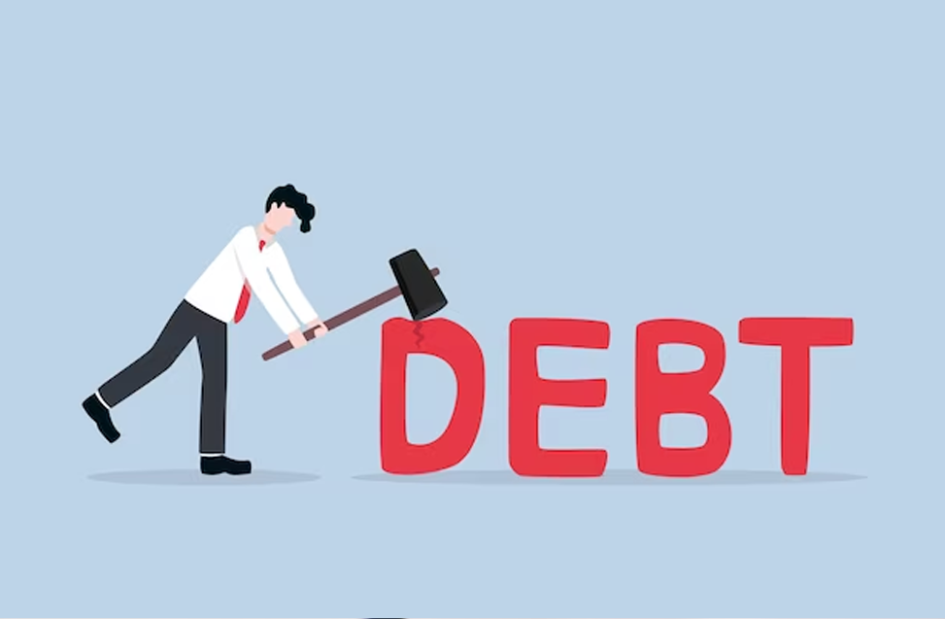Debt can be a significant source of stress and anxiety, but the good news is that there are debt relief strategies that can help you reduce and eliminate your debt. Whether you have credit card debt, student loans, or medical bills, there are steps you can take to get your finances back on track. Here are some effective debt relief strategies to consider.
- Create a Budget
Creating a budget is the first step in taking control of your finances. It helps you understand where your money is going and how you can allocate it more effectively. Start by listing all your income sources and all your expenses, including debt payments, rent or mortgage, groceries, transportation, entertainment, and so on. Then, subtract your expenses from your income to see how much money you have left over. This is the money you can put towards paying down your debt.
- Cut Back on Expenses
Once you have a budget in place, it’s time to look for ways to reduce your expenses. Take a close look at your monthly expenses and identify any areas where you can cut back. For example, you could reduce your cable or phone bill, cancel subscriptions you don’t use, or cook at home instead of eating out. Every little bit you save can be put towards paying off your debt.
- Use the Debt Snowball Method
The debt snowball method is a popular debt relief strategy that involves paying off your debts from smallest to largest. Start by making the minimum payments on all of your debts except the smallest one. Put as much extra money as you can towards the smallest debt until it’s paid off. Then, move on to the next smallest debt and repeat the process until all your debts are paid off. This strategy can be very effective because it provides a sense of accomplishment as you pay off each debt.
- Consider Debt Consolidation
Debt consolidation involves taking out a single loan to pay off multiple debts. This can simplify your debt payments and potentially lower your interest rates, which can save you money over time. There are several options for debt consolidation, including personal loans, balance transfer credit cards, and home equity loans. However, it’s important to do your research and make sure you understand the terms and fees before consolidating your debt.
- Negotiate Lower Interest Rates
If you have high-interest debt, such as credit card debt, you may be able to negotiate a lower interest rate with your creditors. Call your credit card companies and explain your situation. Many creditors are willing to work with you if you’re struggling to make your payments.
- Seek Professional Help
If you’re overwhelmed by your debt and don’t know where to turn, consider seeking professional help. A credit counselor can help you create a debt management plan that works for your unique situation. They can also negotiate with your creditors on your behalf and provide valuable financial education.
- Avoid New Debt
While you’re working to pay off your existing debt, it’s important to avoid taking on new debt. This means resisting the urge to use your credit cards and avoiding taking out new loans. Focus on paying off your existing debt first, and then you can start building your savings and investing for your future.
In conclusion, reducing and eliminating your debt is possible with the right strategies and mindset. By creating a budget, cutting back on expenses, using the debt snowball method, considering debt consolidation, negotiating lower interest rates, seeking professional help, and avoiding new debt, you can take control of your finances and achieve your debt relief goals. Remember, it’s never too late to start taking steps towards a debt-free life.
